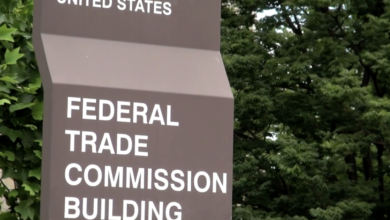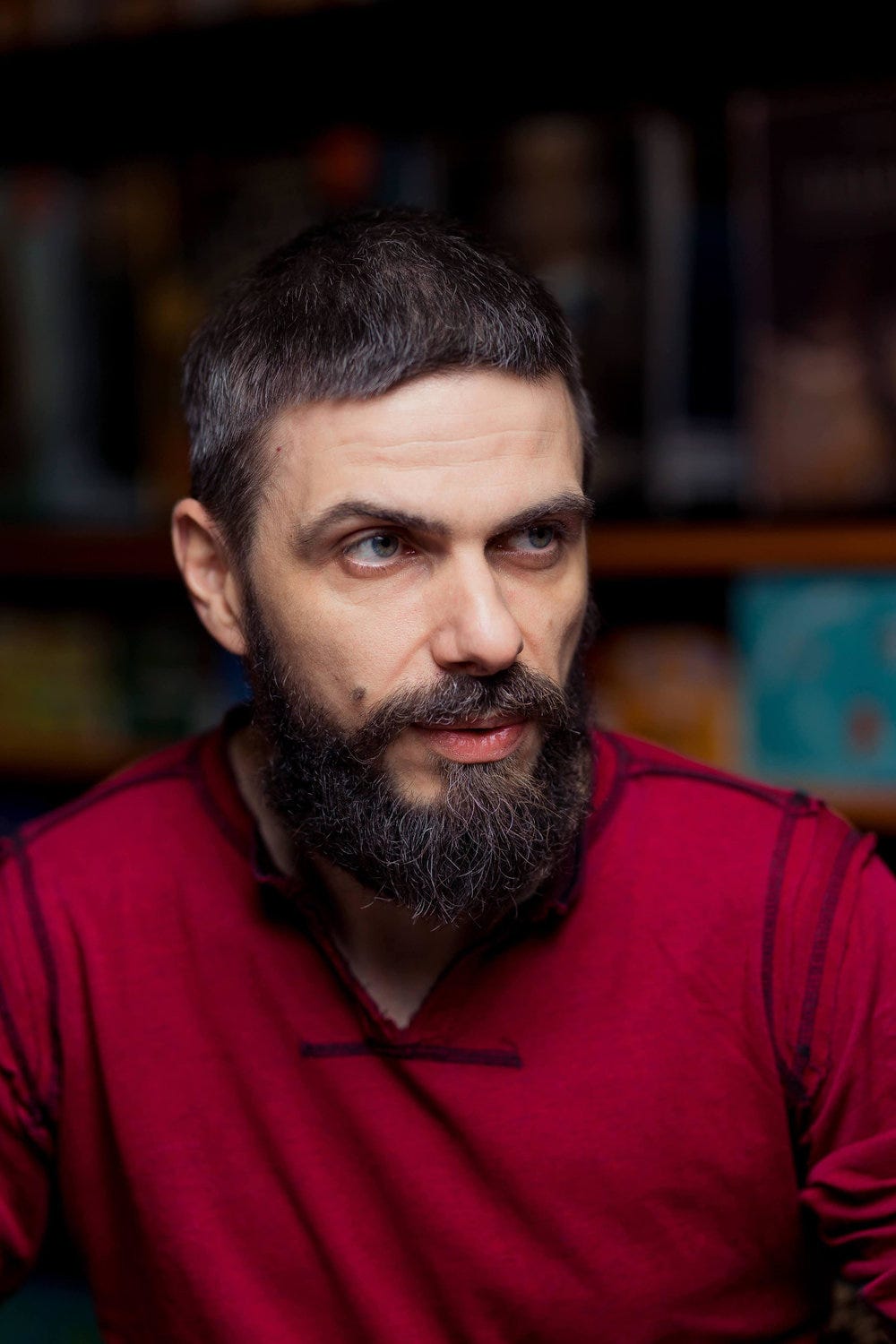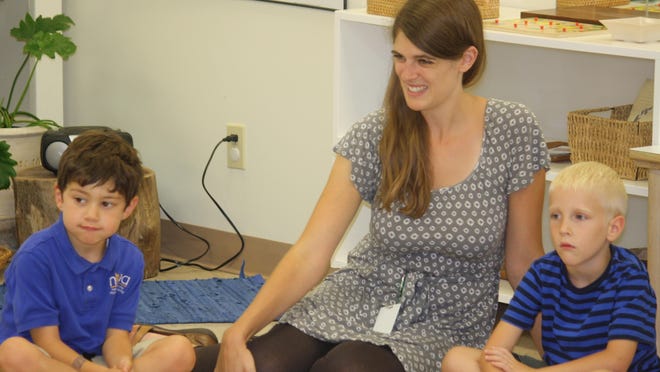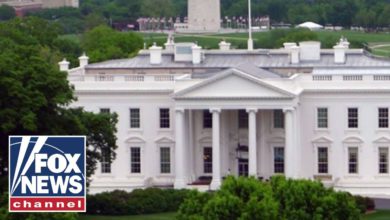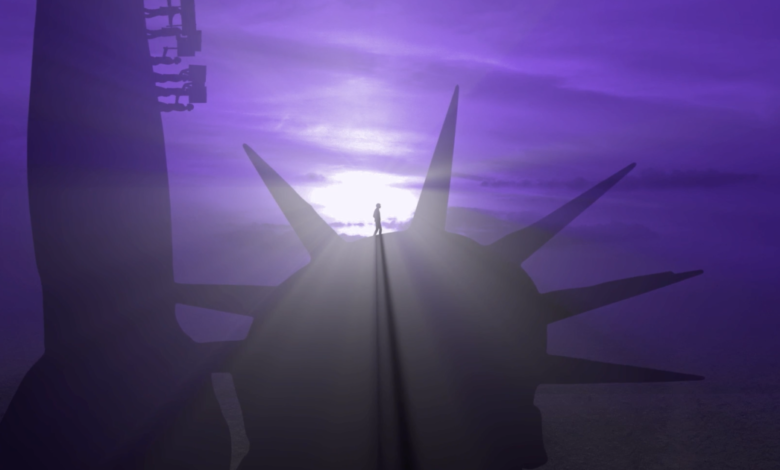
Tens of thousands of Hmong made the ultimate sacrifice becoming United States proxy soldiers during the Vietnam war, and yet even today, many Americans do not know the story of the secret war and the scars it left on generations of my people.
My parents, Blia Chang and Tou Houa Pha, were in their early 20’s when they were resettled in America with three small boys. I remember the frozen mist that stung my soft face as I stumbled off the plane. My weary feet touching the cold snow finally meant that I was grounded on a map for the first time. My new home was the city of Appleton, Wisconsin.
Yet, life in America was not easy. I was bullied by white kids and punished by teachers for speaking my own native Hmong language. As I grew older, additional layers of identities such as being poor and queer came to shape my experiences as a Hmong American refugee. Yet, through it all, my family never wavered in the hope that we could transform violence into a meaningful life in this strange land.
Refugees are often not accepted as Americans. The myths that surround refugees shape the opinions of many Americans who don’t understand why people who escape war-torn countries now call the United States home. Hmong refugees are among the millions of displaced people around the globe searching for acceptance and a place to belong.
Hmong refugees traversed brutal borders and crossed multiple oceans without knowing what life would be like in the United States. I carry the stories of my ancestors and my elders as I move within this world, knowing full well that being a Hmong refugee in America means one may never fully escape the feeling of existing in a perpetual twilight zone.”
Dr. Kong Pheng Pha

